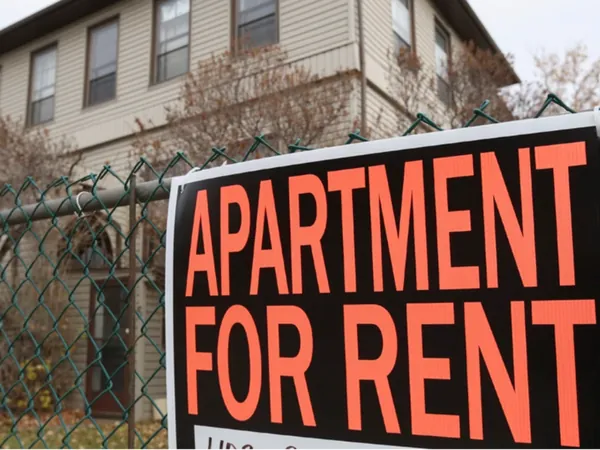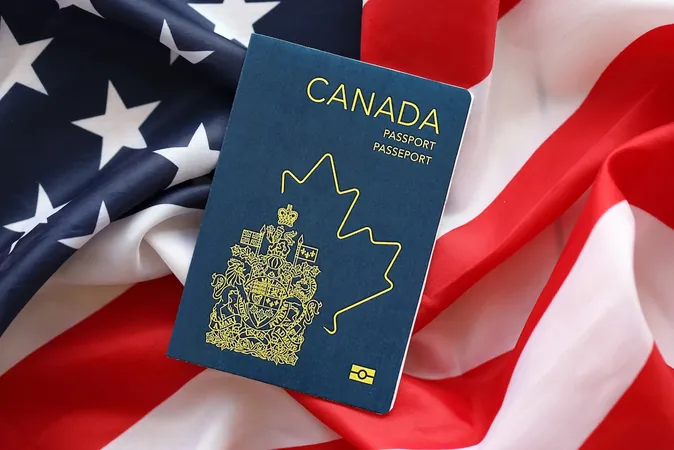
B.C. Tenants on Alert: New Regulations Favor Landlords, Raise Concerns
2025-04-09
Author: Charlotte
Provincial Changes Spark Tenant Outrage
A tenant advocacy group is sounding the alarm over new regulations in British Columbia that they believe will make it easier for landlords to evict tenants under the guise of need for personal use, ultimately leading to increased rents.
Controversial Measures to Benefit Landlords
The recently announced measures by the Housing Ministry have drawn sharp criticism. Notably, they reduce the notice period landlords must give tenants prior to eviction for personal use from four months to three. Additionally, regulations surrounding the storage of a tenant's abandoned belongings have been amended from 60 days to just 30 days, with the minimum value threshold for these items increasing from $500 to $1,000.
Government Justification and Tenant Backlash
Housing Minister Ravi Kahlon defended the changes, claiming they improve support for both landlords and renters. He emphasized that the reduced notice period aligns with a recent requirement for homebuyers to notify renters of eviction three months in advance. Furthermore, he noted that waiting times for hearings by the Residential Tenancy Branch have decreased significantly since late 2022.
However, the Vancouver Tenants Union condemned the new measures. In a statement, they described the reduction of the notice period as "a backward step and an attack on tenants in crisis," suggesting it signals a government partnership with landlords to facilitate tenant displacement.
Landlord Perspective Amid Market Changes
David Hutniak, CEO of Landlord B.C., acknowledged the concerns but highlighted the requirement that landlords must occupy their units for at least 12 months after an eviction for personal use. He argued that this stipulation has helped reduce cases of bad-faith evictions.
Hutniak also expressed uncertainty about future market conditions, given the current geopolitical turmoil.
Rising Supply in a Shifting Market
These regulatory changes arrive in a context where Vancouver's rental market is witnessing a decline in average rents for the sixteenth consecutive month. With a surge in available rental units due to tightening vacation rental restrictions, fewer international students, and major developments like the Sen̓áɯə development in Kitsilano set to introduce 1,400 new units, the landscape for renters is shifting.
As tenants brace themselves for what these changes could entail, the tension between landlord interests and renter rights continues to escalate, marking a pivotal moment in B.C.'s housing debate.









 Brasil (PT)
Brasil (PT)
 Canada (EN)
Canada (EN)
 Chile (ES)
Chile (ES)
 Česko (CS)
Česko (CS)
 대한민국 (KO)
대한민국 (KO)
 España (ES)
España (ES)
 France (FR)
France (FR)
 Hong Kong (EN)
Hong Kong (EN)
 Italia (IT)
Italia (IT)
 日本 (JA)
日本 (JA)
 Magyarország (HU)
Magyarország (HU)
 Norge (NO)
Norge (NO)
 Polska (PL)
Polska (PL)
 Schweiz (DE)
Schweiz (DE)
 Singapore (EN)
Singapore (EN)
 Sverige (SV)
Sverige (SV)
 Suomi (FI)
Suomi (FI)
 Türkiye (TR)
Türkiye (TR)
 الإمارات العربية المتحدة (AR)
الإمارات العربية المتحدة (AR)